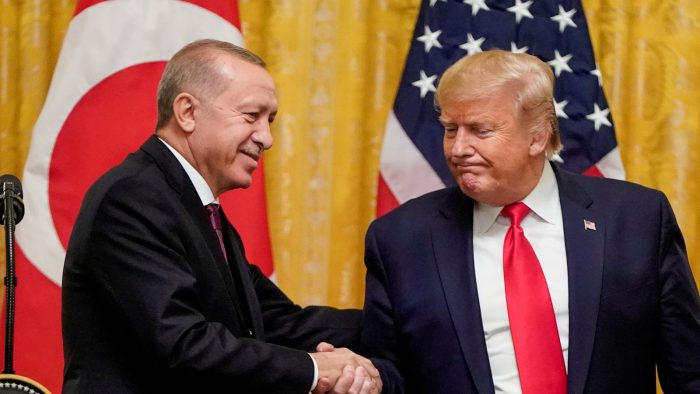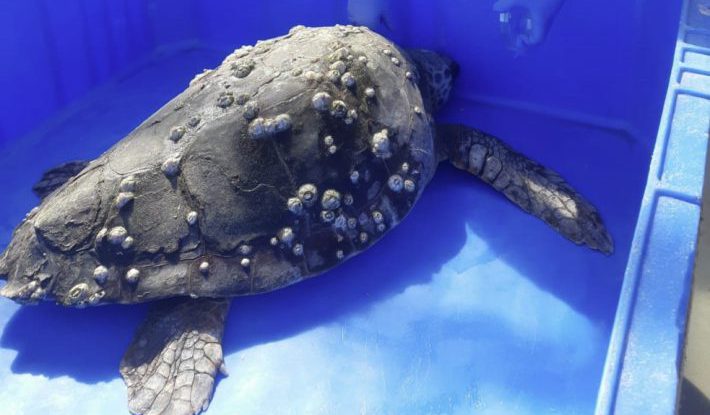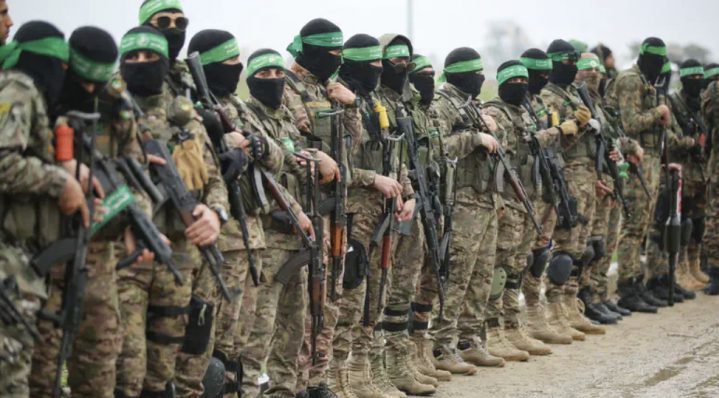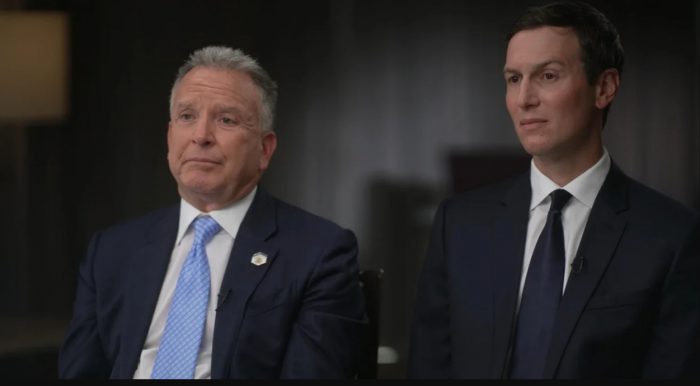At the White House, Trump pressed Erdogan on hostages and Russian oil while Turkey’s leader pushed for F-35s and sanctions relief — revealing sharp divides over Gaza.
U.S. President Donald Trump met on Thursday with Turkish President Recep Tayyip Erdogan at the White House, where the two leaders discussed hostages in Gaza, military cooperation, and Turkey’s ties with Russia.
Trump opened by emphasizing his priority:
“I had a great meeting with [Middle East] leaders at UNGA — and I think we’re close to getting some kind of a deal done. We want to get the hostages back. I have to get the hostages back.”
When asked whether he and Erdogan shared common ground on the Gaza war, Trump answered candidly:
“Well, I don’t know his stance, I can’t tell you about that.”
Erdogan’s Demands
Erdogan’s key objectives were clear:
- F-35 fighter jets — He wants Washington to reverse its earlier decision blocking the sale of advanced U.S. aircraft, a move taken after Turkey purchased Russian air-defense systems against NATO’s wishes.
- Sanctions relief — Erdogan pressed Trump to lift tariffs and sanctions imposed on Turkey in recent years.
Trump’s Conditions
Trump countered with his own demand: that Erdogan halt Turkey’s oil purchases from Russia while Moscow continues its war in Ukraine.
“I’d like to have him stop buying any oil from Russia while Russia continues his rampage against Ukraine,” Trump said.
The Bigger Picture
The meeting underscored the uneasy U.S.–Turkey relationship: Erdogan continues to posture as a champion of Hamas on the world stage while seeking American weapons and economic relief at home. Trump, while prioritizing the release of Israeli hostages, remains cautious about Erdogan’s Gaza stance and deeply concerned by Turkey’s growing alignment with Moscow.
For Israel, the significance is clear: Turkey is once again maneuvering to secure Western legitimacy and weapons while openly undermining Israeli security. The outcome of this delicate diplomatic exchange could determine whether Ankara remains a troublesome NATO ally or shifts further into the orbit of Russia and Iran.





